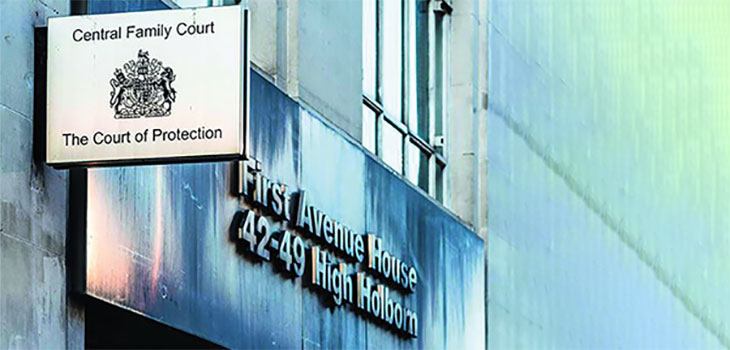
In brief
- New ways of working could present opportunities for a more streamlined, 21st century Family Court.
- Changes must ensure that access to justice is properly maintained, particularly for the most vulnerable in society.
Reform of the Family Court is not a new topic. The current HMCTS reform programme was launched in 2016, with a stated vision of modernising and upgrading the justice system so that it works better for all users. While the increased use of online applications, a move towards paperless courts and ‘fully’ video hearings were key aspects of the reform programme, few could have anticipated these becoming widespread practice within a matter of weeks (and in some instances, days). But with the lockdown imposed in March by the Government to suppress the spread of COVID-19 causing the courts, legal profession and litigants to unexpectedly partake in a sudden and unorthodox pilot, to what









